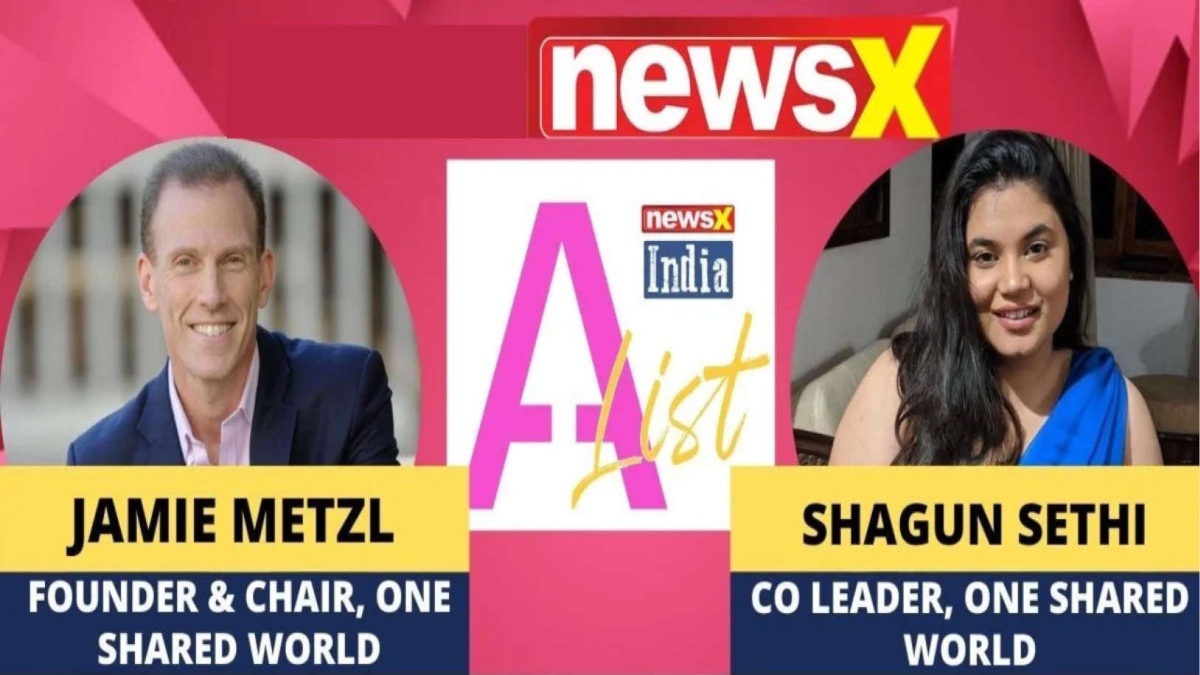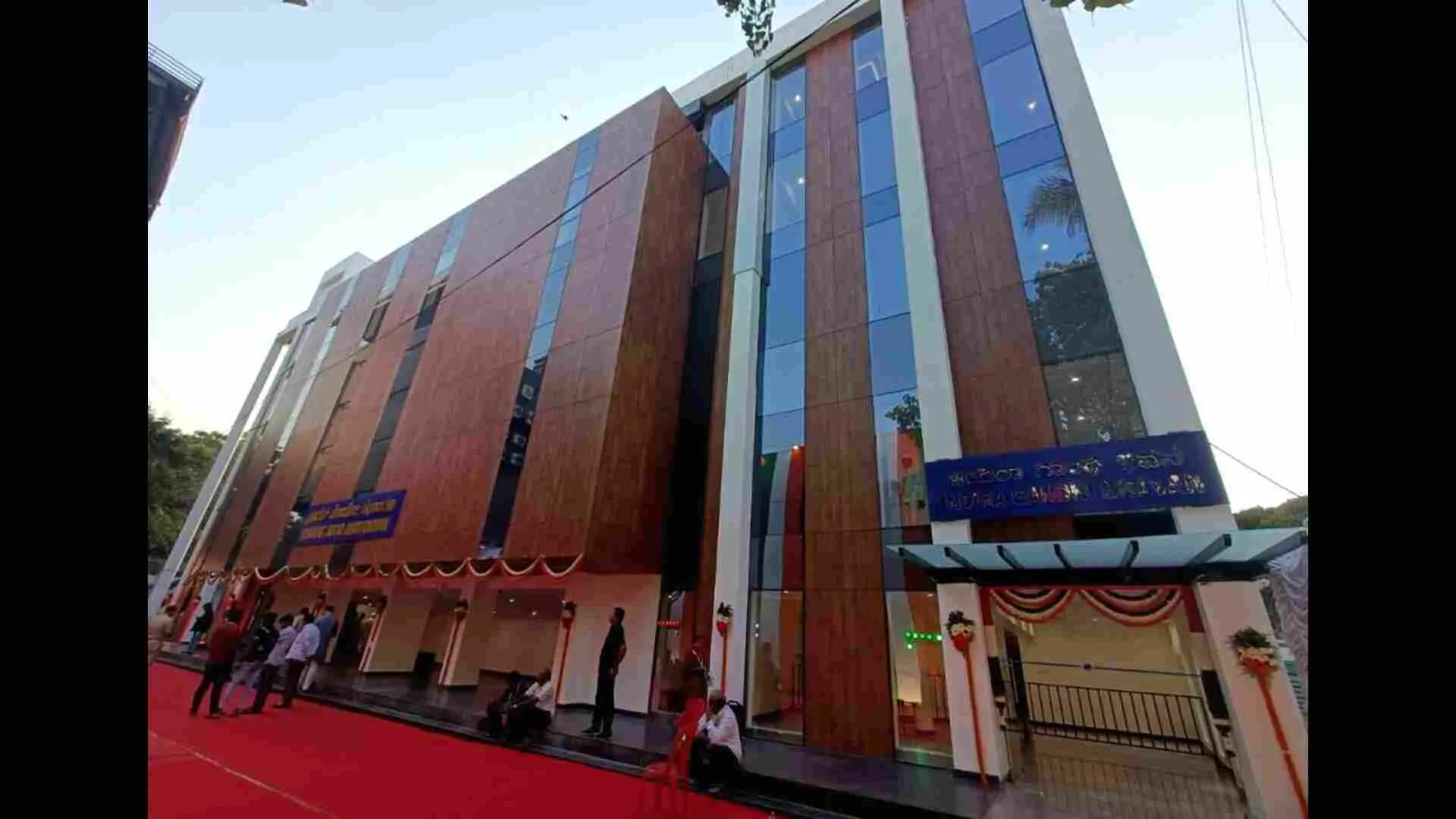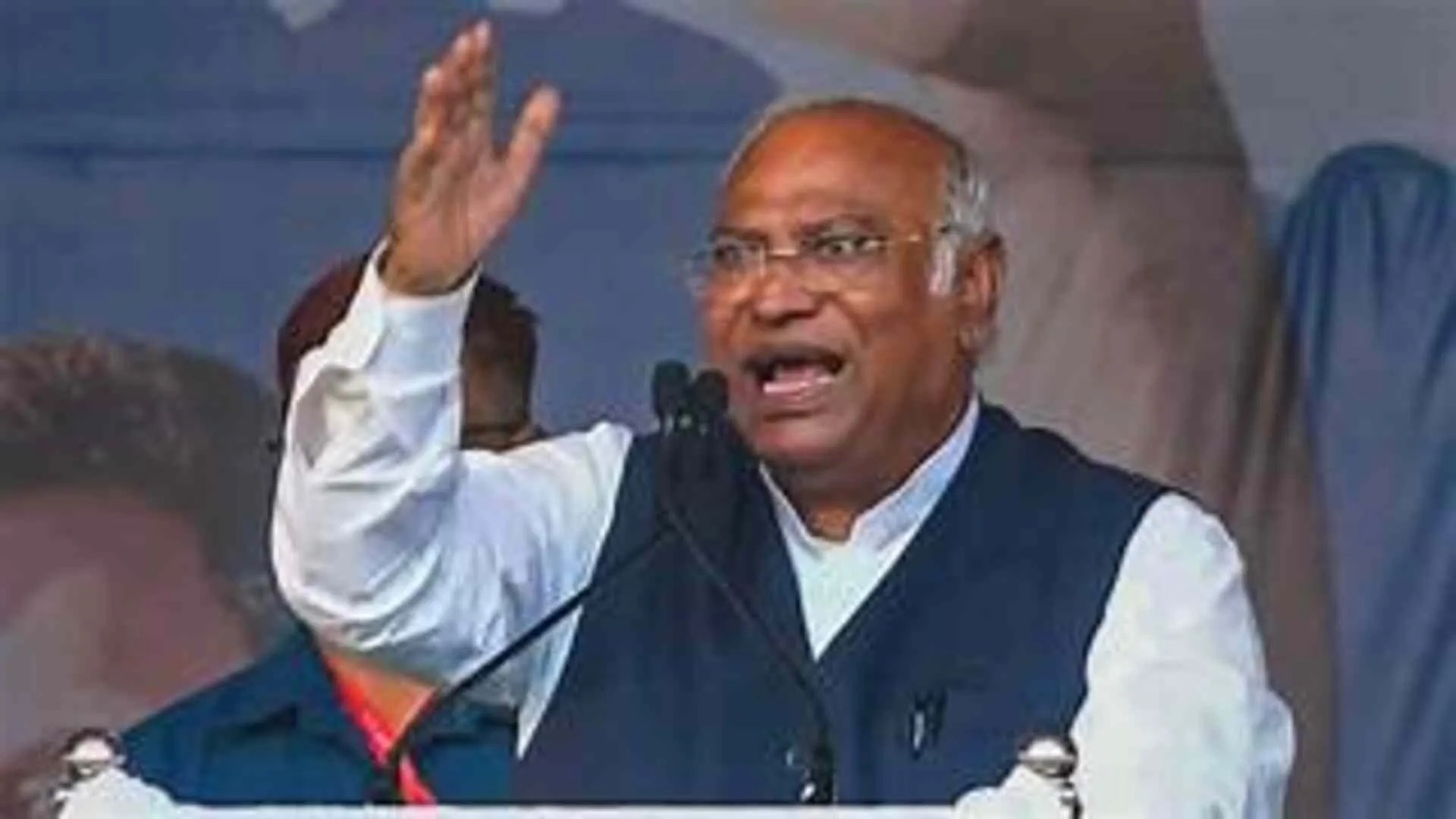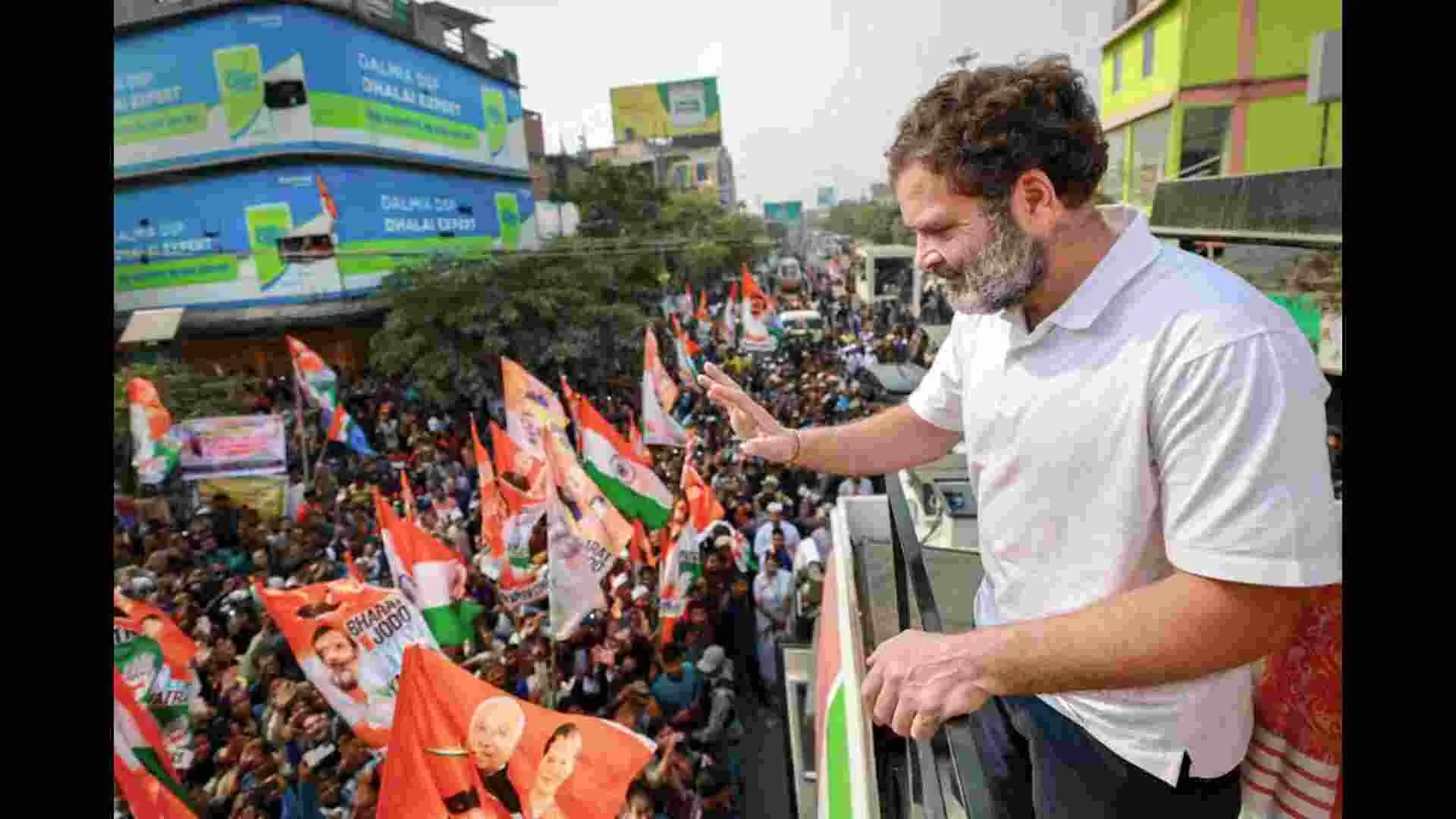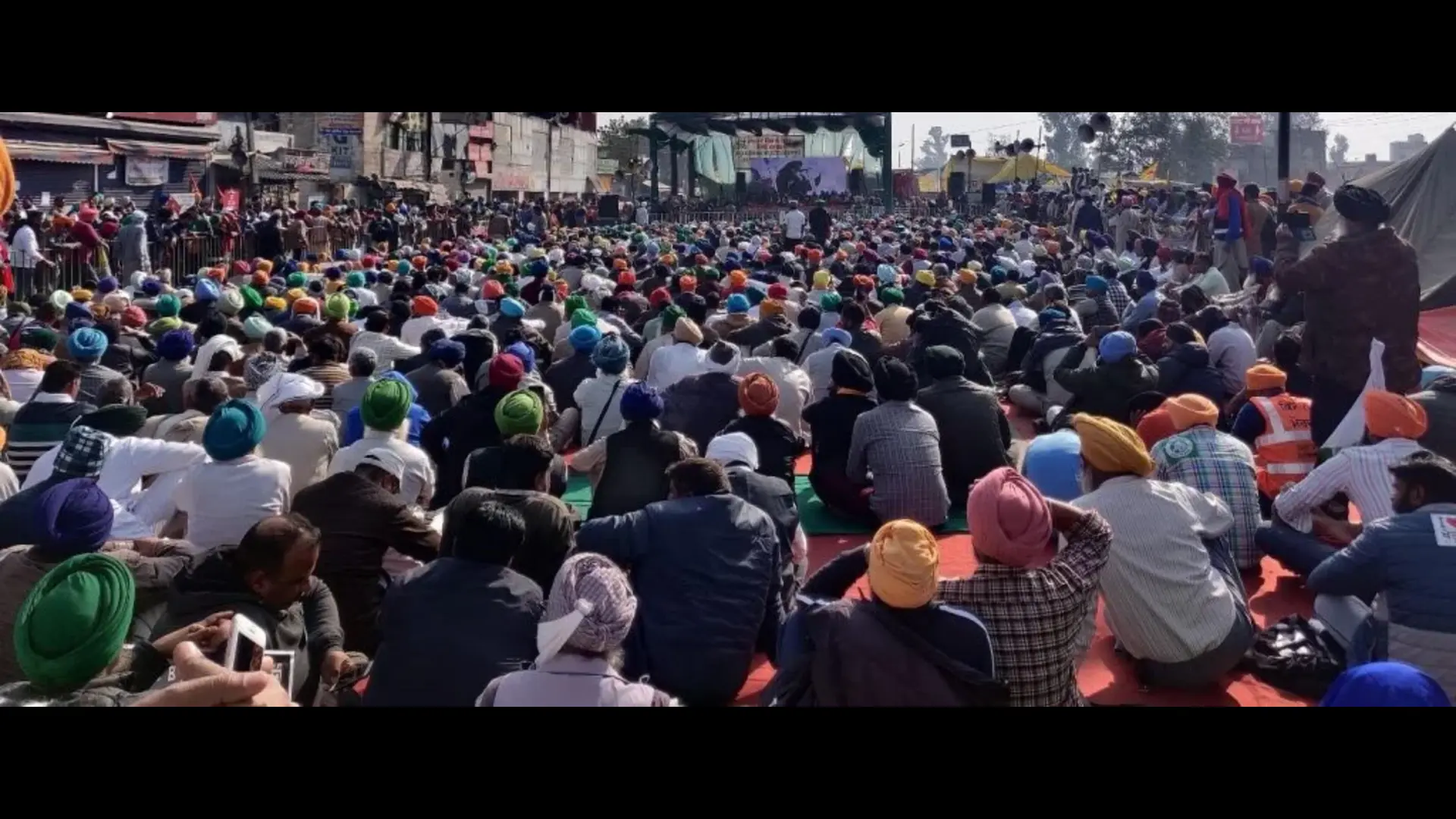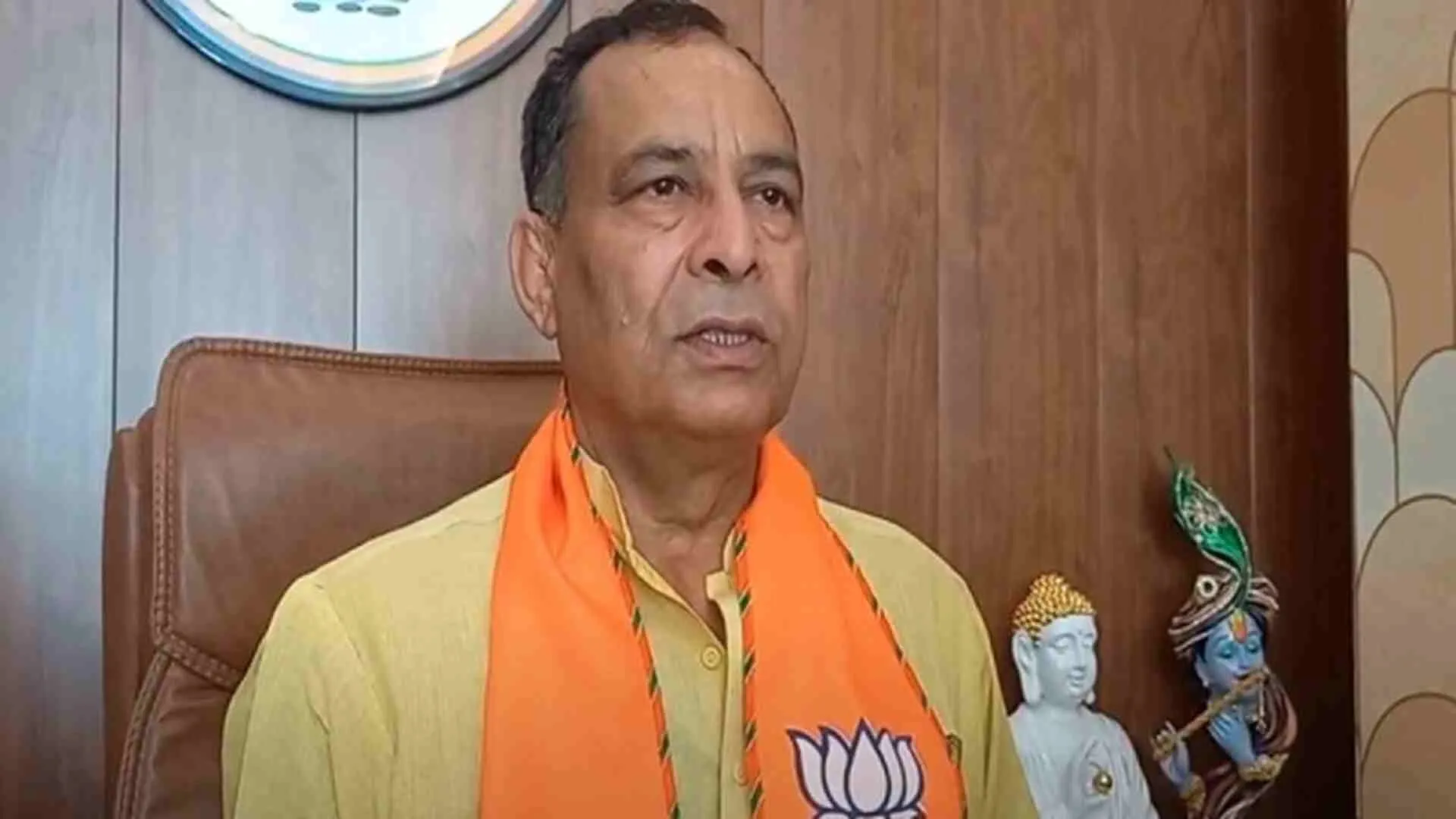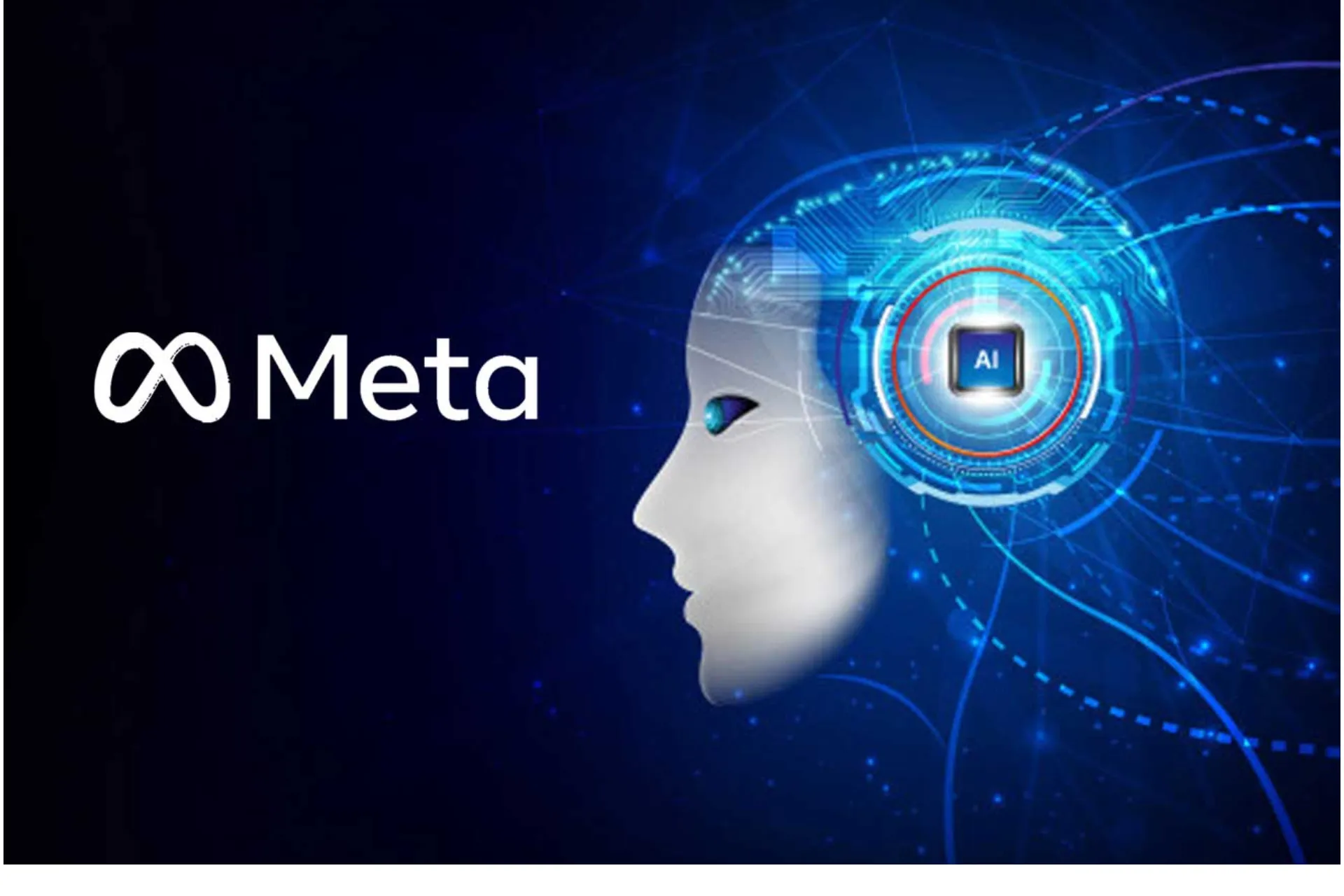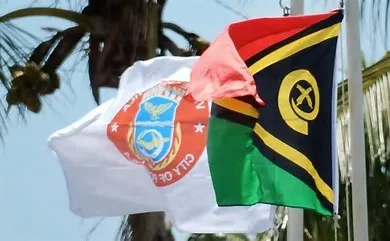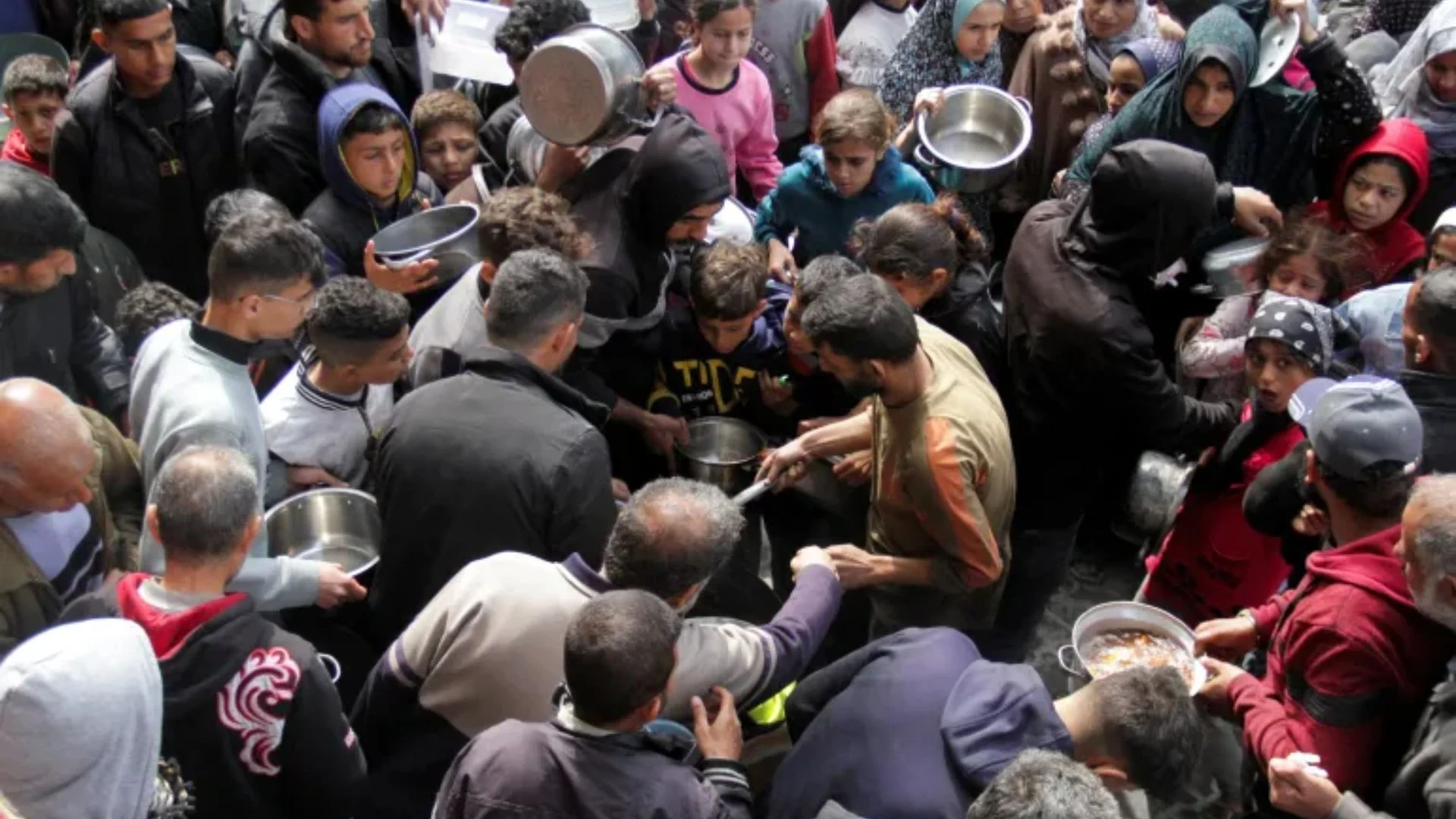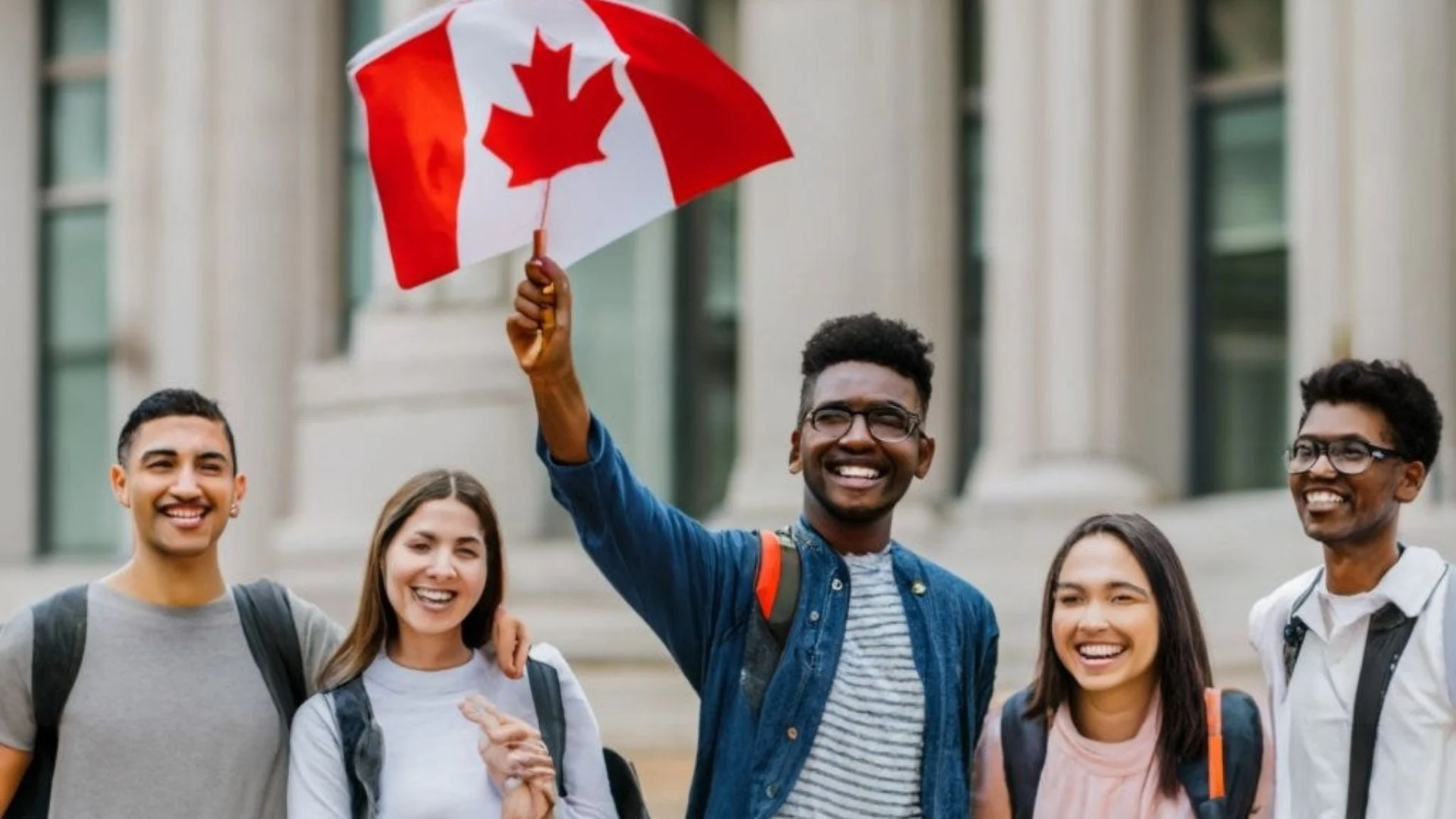NEW DELHI: Founder and chair of One Shared World, Jamie Metzl, and co-leader Shagun Sethi, joined NewsX for an insightful conversation and shared their vision of an interdependent world, which is at the core of their movement. Speaking about what One Shared World stands for, Jamie said, “If this virus and terrible pandemic have shown us anything, it is that we are all deeply connected. Although there are people calling for building walls to protect people, we realise that we are all one humanity sharing the same planet. If we don’t come together to solve these big global problems, then we will have everybody suffering, every country suffering on its own. That was the big realisation that others and I had in the earliest days of the pandemic. That it wasn’t just its own problem, it was the manifestation of a much bigger problem, which is that our species has rapidly grown from a bunch of roaming nomads to this big global species with the ability to fundamentally transform or even end all of life on earth. But while we have a structure for addressing our national problems, we don’t have sufficient structure to address our global problems. We believe we can do that by building an empowered global constituency, not of people who reject their countries, but of people who love their countries, love the United Nations, demanding that our common needs be met. That movement is what One Shared World is all about.”
When asked about the origin of One Shared World, Jamie shared, “In the earliest days of the pandemic, I was invited to give a talk for Singularity University, where I am on the faculty. My book “Hacking Darwin: Genetic Engineering and the future of Humanity” had just come out. I am an advisor to the World Health Organisation on genetic engineering too and my talk was supposed to be about whether the tools of a genetic revolution are a match for the pandemic. But that morning, I woke up and realised that there was a much bigger issue at play. We weren’t prepared for this or any pandemic. We were not able to respond to any big global challenges like climate change or proliferating weapons of mass destruction. I felt that there was a through-line between all those, which is our inability as a global species to solve global problems.”
As one of the first people to be a part of One Shared World and embracing the volunteer spirit, Shagun expressed, “I think what is really exceptional about One Shared World is that all of us acknowledge that we are in a unique moment with a unique opportunity. This pandemic has exposed these different cleavages of inequality across the world and has brought us to the point where we have a chance to rewrite the future and to think about what is coming next. We can build back and do it better. That is the spirit that brings people from across the world together to work for One Shared World.”
She added, “One of the things that I am proudest of, which is the heart and soul of our community, is our young leaders program. We have a coordinator group with over 50 coordinators from across 10 countries, including Africa, India, Europe, the US, Canada, and all these young people are all here because they believe that we as the youth have something to say and want to take control of what is coming next.”
Reflecting on his journey and how it led him to One Shared World, Jamie revealed, “I am the son of a refugee. My father and grandparents came to the United States after WWII, fleeing lives that were absolutely destroyed by Nazism. For me, that has always been a part of who I am. My core belief is that any society is only as safe as the most vulnerable people in that society. For me and all the work that I have done, both in the field of human rights and as a futurist, that’s the job. It’s not just about imagining things for its own sake, it is trying to imagine where we are going, what the implications of our most powerful technologies are and how we can use our most cherished values to guide the application of our most powerful technologies, recognise that we need to build more stable and resilient solutions to our problems by empowering people. We now have these tools that will fundamentally transform life on earth and the question for us is whether we will use those tools wisely. We would not be able to make those decisions with just a few scientists and experts. Our world is democratising, power is decentralising, and if we don’t take our next big steps forward together, then everything we have built in the past decades and centuries could be lost.”
Highlighting the role of the Indian youth in mitigating challenges we face as humanity, Shagun added, “I very strongly believe that India’s superpower is its youth because we have something to say and there is something to be done. The one thing that I love about One Shared World is that its youth component is not tokenistic. We are at the table, from the get go. We are there to plan, implement, do all the social media, talk about it, and that is special.”

